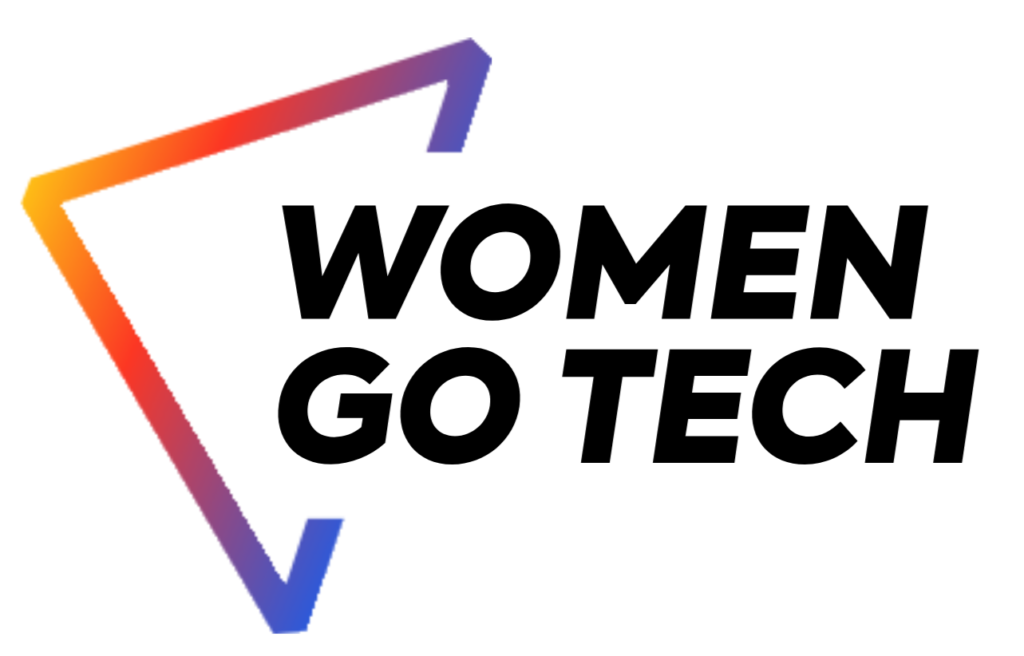Sometimes, a simple message from the recruiter can switch your career in a different direction. It takes a lot of courage to make a hard decision, but if you feel that it’s something you’re interested in, according to Evelina, it’s worth it – what worst could happen?

Evelina Mikalonytė was studying sociology. After her studies, she worked in the market research field. But later, she switched to IT, accepted the offer, and became a QA engineer at a Dutch fintech company, Hyarchis. Let’s delve deeper into her career story and the daily life of QA engineers – what skills are needed for the job as well as what challenges and daily tasks are.
Evelina, can you tell us more about your sociology studies and if it is somehow related to your career path?
I have bachelor’s and master’s degrees in Sociology. I enjoyed my studies; it was a nice mix of hard science like math and statistics as well as soft science like philosophy, anthropology, and various areas of sociology like health, family, city, etc. My studies helped me get my first job in a market research company at the beginning of my career. The education that these studies provide helps me perceive things in everyday life.
What was your first job related to QA engineering, and how did you end up in your current position?
My first job related to QA engineering was in the user acceptance testing team in the bank. We were helping other development teams test their applications. Regarding my current position, it was a mundane story; a recruiter through LinkedIn contacted me; I decided to give it a chance, and here I am.
“ I would say to get my foot in the door, the testing certification really helped me (ISTQB Certified Tester Foundation Level).”
Where did you gain the required technical skills for your first job?
I would say to get my foot in the door, the testing certification really helped me (ISTQB Certified Tester Foundation Level). It was a helpful introduction to the main concepts and techniques of software testing and general information regarding software development. Also, it gave me some sort of proof that I’m serious about this decision. It took time to study and pass the certification exam.
What were the main challenges while reaching your career goals?
If we’re talking about switching to IT, I think the main challenge, in the beginning, was to prove that I have the technical skills to work in IT since I didn’t have education or prior experience in this field.
Can you tell us more about your current responsibilities? What are your daily tasks and difficulties?
I’m part of an agile scrum team consisting of software engineers, a QA engineer, and a product owner/team lead. I’m responsible that the features we deliver are of good quality and work as expected according to requirements. Currently, my daily tasks are related to manual testing of new features of our product.
“ For me, it was fascinating to learn how things work under the hood for applications we use daily on browsers or our phones: what happens when you click a button to how data is passed through physical cables.”
What kind of skills (hard and soft) are needed for your position?
Good communication and critical thinking are essential when talking about soft skills. Also, here are some soft skills that are important in the QA engineering work.
- Asking challenging questions
- Seeing the big picture
- Paying attention to details
- Not taking things for granted
Regarding hard skills, of course, coding is an excellent skill to have, especially if you’re interested in writing automated tests. For me, it was fascinating to learn how things work under the hood for applications we use daily on browsers or our phones: what happens when you click a button to how data is passed through physical cables. Also, you need to be ready to learn new things constantly, so it is never a dull day.
What is the most pleasurable part of your job?
I would say constant learning. And, of course, after all the effort and teamwork, seeing the application working smoothly is a very rewarding experience.
“ Don’t be afraid to change things up when your current job is no longer exciting or fulfilling. What worst could happen?”
What is your advice to others trying to figure out their career paths?
Don’t be afraid to change things up when your current job is no longer exciting or fulfilling. What worst could happen? Even getting rejected is a way of learning through the feedback you get; this is how you can improve on areas that are lacking. It’s important to make informed decisions, so gather information from job advertisement pages (that’s what I did) about the skills and qualifications needed to get your dream job. Make a priority list of what is most important and take one step at a time towards your goal because it might feel a little overwhelming at first. Also, reaching out to people who already work in areas you’re interested in might be very useful. You can get a glimpse of day-to-day tasks and find out if that work would suit you.
